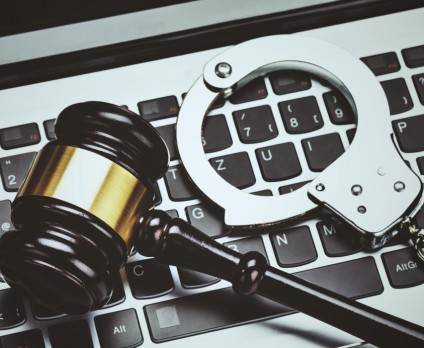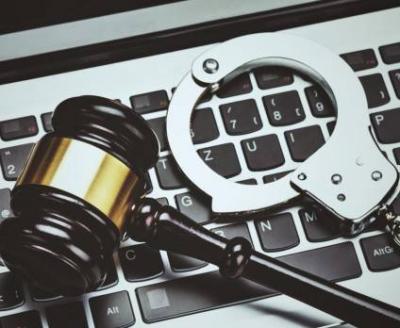A coalition led by Human Rights Watch has called on the Jordanian parliament to withdraw the proposed cybercrime law, which poses a threat to freedom of expression and could pave the way for increased internet surveillance in a country where freedoms are already restricted. Human Rights Watch, in a joint statement with 13 other civil rights organizations, affirmed that "the bill presented to the parliament will further undermine freedom of expression online, threaten users' right to anonymity, and tighten government control over the global information network."
It added: "The legislation coincides with a decline in freedom of expression over the past few years as Jordanian authorities have intensified the persecution and harassment of political opponents and ordinary citizens using a range of laws to silence dissenting voices."
According to Jordan, the bill, which includes 41 articles, aims to address misinformation, hate speech, and defamation online. The government denies trying to suppress dissent; however, it claims the law aims to protect people from online extortion.
Activists, journalists, and independent politicians have criticized the bill, arguing that it "undermines public freedoms in a country where social media has become the main forum for criticizing arbitrary government perceptions and corruption."
Human Rights Watch stated that "the bill would enable authorities to compel judges to convict citizens in most cases in Jordan." It added, "Dozens of opponents have faced intimidation or harassment due to vague charges such as inciting sedition, undermining national unity, or contempt of religion."
Human Rights Watch cited Article 24 of the bill, which stipulates that "any person who publishes the names or images of law enforcement officials online, or any information or news about them that could be detrimental or harmful, without prior permission, will face a prison sentence of no less than three months and hefty fines." Courts will have extensive powers to issue orders to any website, social media platform, or individual responsible for a public account to remove or block content deemed to violate the law, temporarily ban the user or publisher, and hand over relevant information, including personal data of users.




